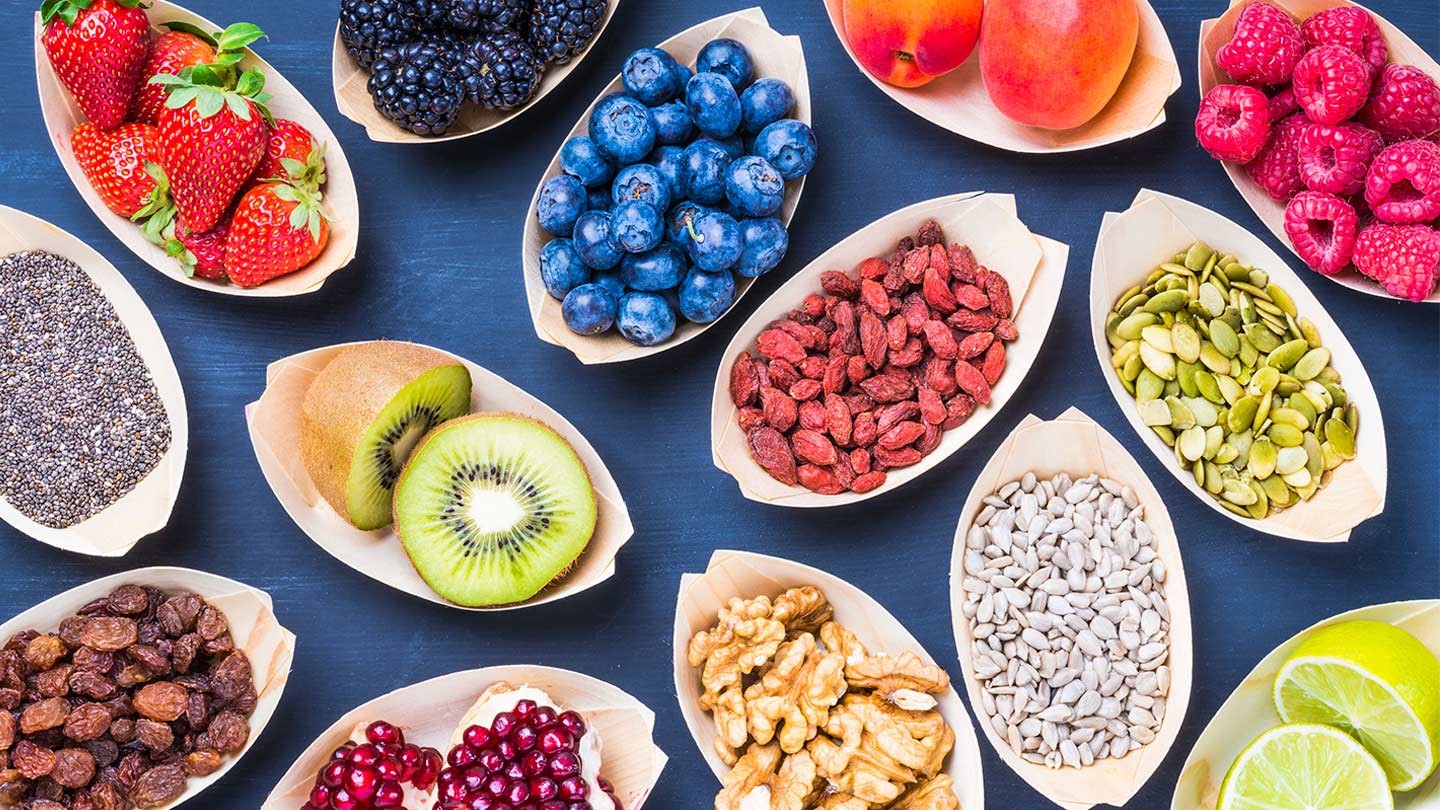CBD GUMMIES
Why Are CBD Gummy Sweets So Popular In The UKNovember 7, 2025

The concept of negative-calorie foods has gained attention in the realm of weight loss and nutrition. The idea behind these foods is that they require more energy to digest and absorb than they provide, resulting in a negative caloric balance. In theory, this would mean that consuming these foods can contribute to weight loss. In this comprehensive guide, we will delve into the topic of negative-calorie foods, examining the facts and fiction surrounding this concept.
Negative-calorie foods are typically classified as fruits and vegetables that are low in calories but high in fiber and water content. Common examples often cited include celery, cucumbers, leafy greens, and citrus fruits. Advocates of negative-calorie foods claim that the body burns more calories during the digestion and absorption process than these foods actually contain, resulting in a net negative calorie intake.
Low-Calorie and Nutrient-Dense: It is true that many fruits and vegetables are low in calories and rich in essential nutrients. They provide important vitamins, minerals, and antioxidants that support overall health and well-being.
High Fiber and Water Content: Negative-calorie foods are often high in dietary fiber and water, which can contribute to satiety and help control appetite. This can indirectly support weight management efforts by reducing overall calorie intake.
Thermic Effect of Food: Every food requires energy for digestion, absorption, and metabolism, known as the thermic effect of food (TEF). Some foods, including high-fiber and protein-rich options, may have a slightly higher TEF compared to others. However, the overall impact on energy expenditure is relatively small and does not significantly contribute to weight loss.
Negative-Calorie Balance: The idea that negative-calorie foods result in a net negative calorie balance is misleading. While the digestion and absorption process may require energy, the actual caloric expenditure is minimal and not significant enough to create a negative caloric balance.
Calorie Content: All foods, including negative-calorie foods, have a caloric content. While the calorie content of negative-calorie foods may be low, it does not negate the fact that they contribute to overall energy intake.
Individual Differences: Energy expenditure and the thermic effect of food vary among individuals based on factors such as age, weight, metabolism, and activity level. The notion of negative-calorie foods oversimplifies the complex nature of human metabolism.
Balanced Diet: Instead of focusing solely on negative-calorie foods, it is important to adopt a balanced and varied diet that includes a wide range of nutrient-dense foods, including fruits, vegetables, lean proteins, whole grains, and healthy fats.
Portion Control: Even though some foods may be low in calories, portion control is crucial for maintaining a healthy weight. Consuming excessive quantities of any food, even negative-calorie options, can lead to an overall caloric surplus.
Physical Activity: Regular exercise and physical activity play a vital role in weight management and overall health. Combining a balanced diet with an active lifestyle is key to achieving sustainable weight loss and maintaining a healthy weight.
While negative-calorie foods may sound appealing in theory, the concept is largely based on misconceptions and oversimplifications. While many fruits and vegetables are low in calories and offer numerous health benefits, they do not result in a negative caloric balance. Instead of focusing on negative-calorie foods as a solution for weight loss, it is important to adopt a balanced diet, practice portion control, and engage in regular physical activity. By prioritizing overall health and well-being, individuals can achieve sustainable weight management goals.
BSc Psychology, University of Birmingham, MSc Clinical Dermatology, University of Hertfordshire Anastasia Filipenko is a health and wellness psychologist, dermatolist and a freelance writer. She frequently covers beauty and skincare, food trends and nutrition, health and fitness and relationships. When she’s not trying out new skincare products, you’ll find her taking a cycling class, doing yoga, reading in the park, or trying a new recipe.
WhatsApp us

0